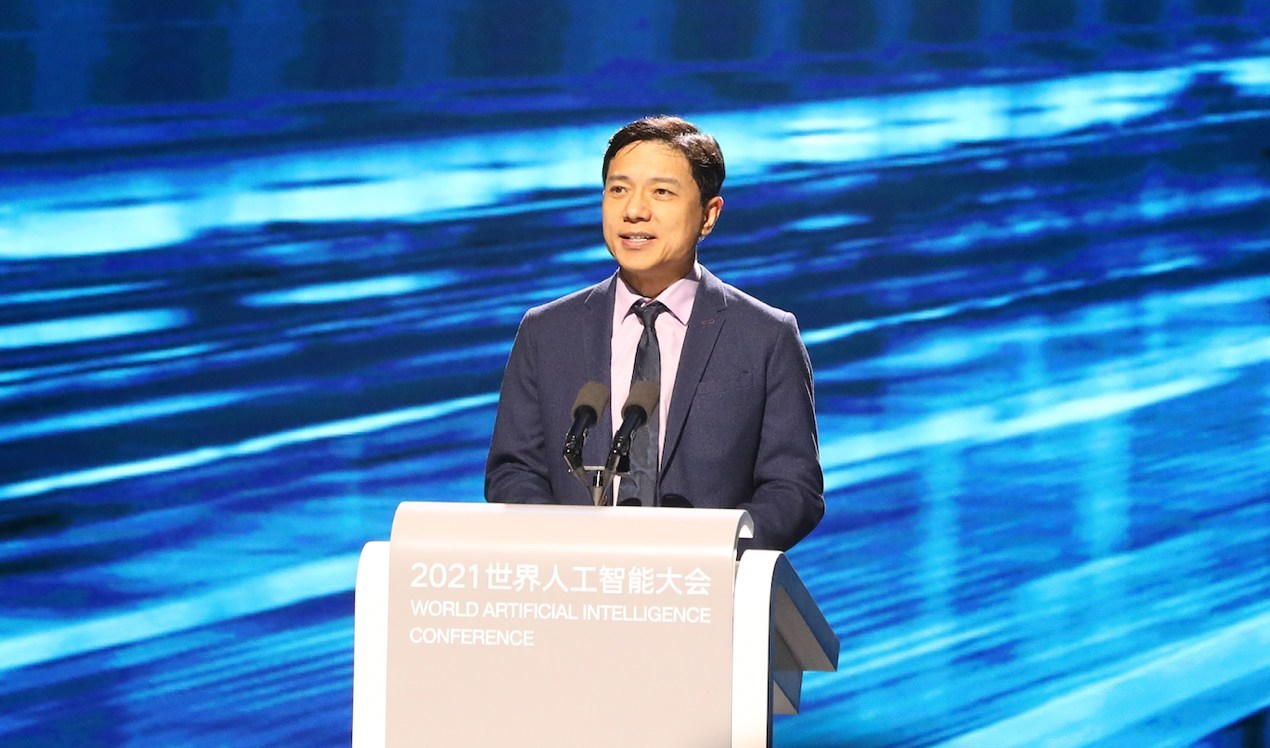Chinese regulators have approved a new batch of 14 artificial intelligence (AI) large language models (LLMs), for a total of more than 40 over the past six months, according to local reports, as the country turns to AI technology as a key competitive sector.
The intense focus of Chinese tech companies on AI has become a key point for US regulators, which have worked to restrict Chinese firms from obtaining AI chips and last week proposed “know your customer” measures intended to block Chinese companies from training their models using US cloud infrastructure.
The Chinese state-backed Securities Times said regulators last week approved a batch of 14 LLMs for public use, the fourth batch since regulations were introduced last August.
The regulations require companies to receive official official approval before releasing their tools to public or enterprise users.

AI approvals
A month earlier a body called the Electronic Standardisation Institute was set up to implement a national standard for LLMs.
The latest approvals include LLMs from start-up Frontis.AI, which offers industry insights to consumer product enterprise clients, as well as other industry-specific LLMs from cybersecurity firm ThreatBook and video systems provider XinYi Tech.
Chinese companies had developed some 238 LLMs as of last October, Robin Li, the founder, chairman and chief executive of search giant Baidu, said in a November speech.
Baidu’s chief technology officer said in December that Baidu’s Ernie Bot LLM had more than 100 million users.
US cloud restrictions
Other approved LLMs include offerings from smartphone firm Xiaomi, AI specialist Beijing Fourth Paradigm Technology Co. and Beijing-based tech unicorn 01.AI.
The development of China’s AI industry has become a point of primary concern for US regulators, with US commerce secretary Gina Raimondo saying on Friday that “know your customer” rules for US cloud firms would complement existing export regulations designed to block the flow of AI chips to China.
The US is “trying as hard as we can to deny China the compute power that they want to train their own (AI) models, but what good is that if they go around that to use our cloud to train their models?” Raimondo told Reuters.
“We use export controls on chips,” she said. “Those chips are in American cloud data centres so we also have to think about closing down that avenue for potential malicious activity.”




